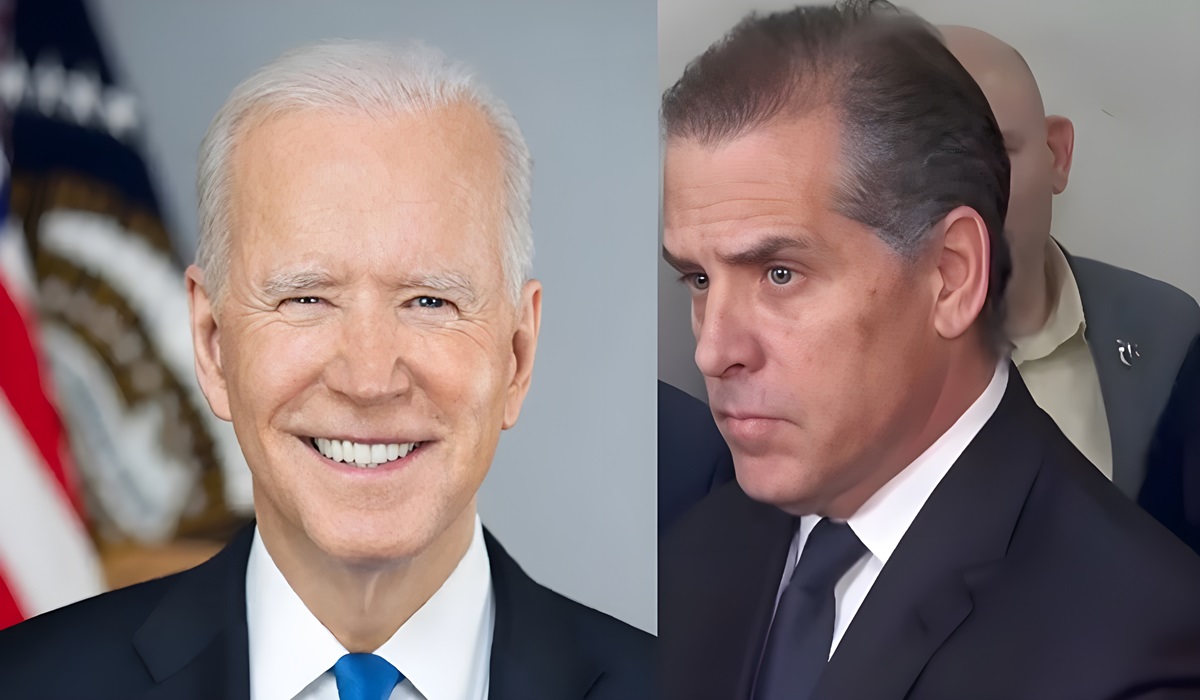Image Credit, Beasternchen
The issue of reparations for African Americans has been a point of deep contention and unresolved promises since the end of slavery in the United States. The origins of this debate trace back to the American Civil War when Union General William Tecumseh Sherman issued Special Field Orders No. 15. This directive aimed to redistribute confiscated Confederate land in 40-acre plots to newly freed slaves—a promise that embodied a semblance of justice for those who had endured unimaginable suffering. The addition of mules to assist in farming became part of the popularized narrative. However, like many assurances made to African Americans in the nation’s history, this promise was rescinded, leaving generations to grapple with the legacy of broken commitments.
Sherman’s order was issued in January 1865 during the final throes of the Civil War. It was a bold attempt to address the economic inequities born of slavery by granting land to newly emancipated Black families along the coasts of Georgia, South Carolina, and Florida. For a brief moment, the vision of economic independence for freedmen appeared achievable. The Freedmen’s Bureau was created to oversee this effort, and some land was distributed before the policy met its premature demise. When President Andrew Johnson assumed office later that year, he overturned the order and returned confiscated land to its former Confederate owners, effectively erasing any chance of Black economic empowerment during Reconstruction.
This betrayal was a profound injustice. The freedmen, stripped of promised resources, were instead forced into exploitative sharecropping systems that perpetuated cycles of poverty. The land that could have served as a foundation for generational wealth for Black families became a bitter reminder of promises unkept.
Even the emancipation of slaves was fraught with injustice. News of the Emancipation Proclamation, issued in 1863, did not reach many enslaved people in Texas until June 19, 1865—two and a half years later—when Union troops finally arrived to enforce their freedom. This delay encapsulates the systemic neglect that has defined much of African Americans’ struggle for justice and equality in the United States. Juneteenth, now recognized as a federal holiday, commemorates this delayed freedom but also serves as a stark reminder of how liberation without restitution or resources can leave the formerly oppressed in an ongoing state of economic and social vulnerability.
One of the more contentious arguments against reparations is the claim that the lives lost by Union soldiers during the Civil War were the ultimate payment for the abolition of slavery. This narrative is not only flawed but offensive. It conflates the fight against an immoral institution with a settlement for those who suffered under its brutality. Slavery was not a consensual condition; free men and women were forcibly turned into property, enduring generations of dehumanization, violence, and unpaid labor. The deaths of Union soldiers, while tragic, cannot equate to reparations. By that logic, the deaths of millions of enslaved Africans—many of whom perished under horrific conditions—should hold equal weight in the discussion.
Critics often argue that reparations are impractical, citing the potential cost and the complexity of determining eligibility. Yet the United States consistently demonstrates its capacity to allocate vast sums of money for war and defense, with annual military spending exceeding $1 trillion. If such resources can be mobilized for global conflicts, the notion that reparations for African Americans are unaffordable rings hollow. History provides numerous precedents for compensatory payments, from Japanese Americans interned during World War II to Native American tribes receiving settlements for past injustices. Canada, for instance, has paid tens of billions of dollars to Indigenous peoples to address historical grievances, proving that such measures are both achievable and morally imperative.
The enduring failure to address the systemic harm inflicted upon African Americans through slavery, segregation, and ongoing racial discrimination reflects a broader unwillingness to reckon with the nation’s past. Reparations are not simply about monetary compensation; they symbolize an acknowledgment of the injustices endured and a commitment to redress the lasting consequences of those wrongs. They are a recognition of the deaths, suffering, and generational trauma endured by enslaved people, as well as the unfulfilled promises that continue to define the African American experience.
It is a bitter irony that the United States—a nation willing to invest in global warfare and defense—refuses to invest in justice for its own citizens. Reparations are not a radical demand; they are a call to fulfill a debt long overdue. A promise was made. A promise must be kept.









